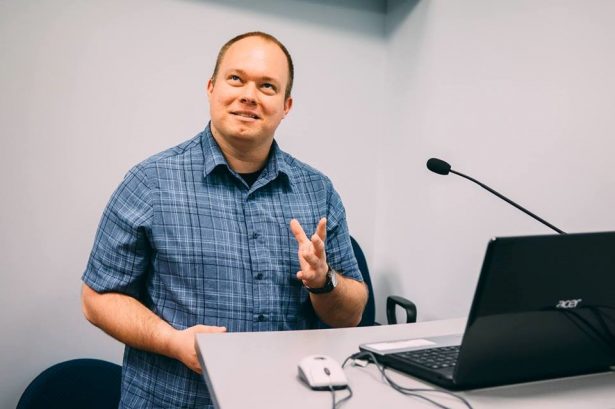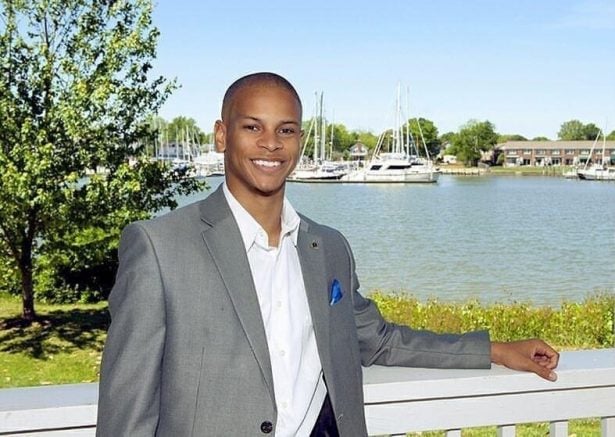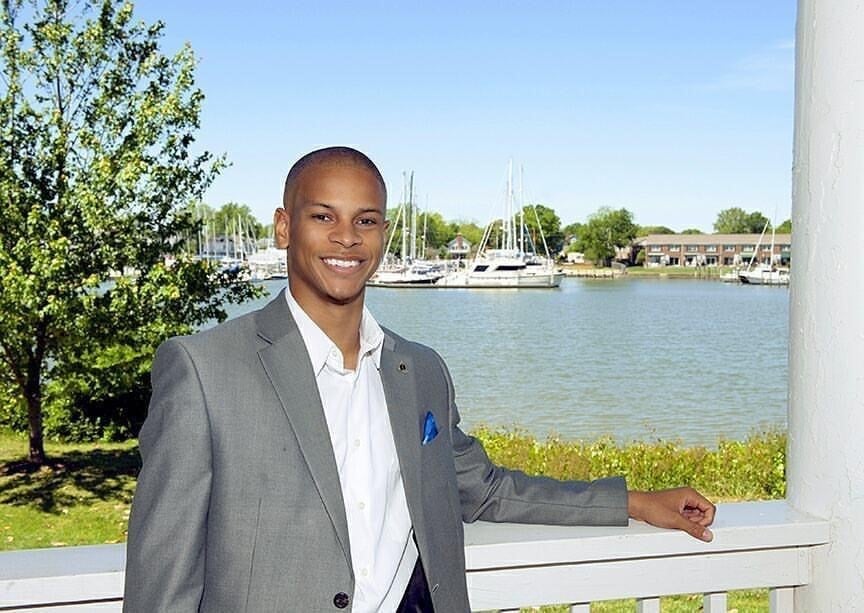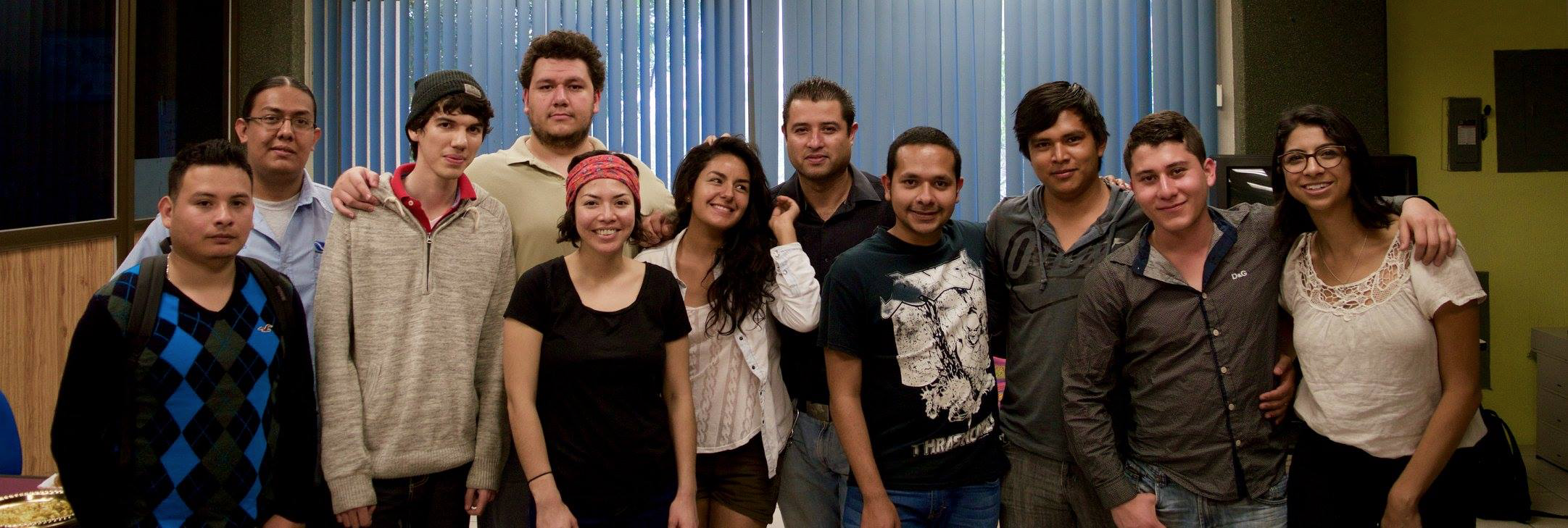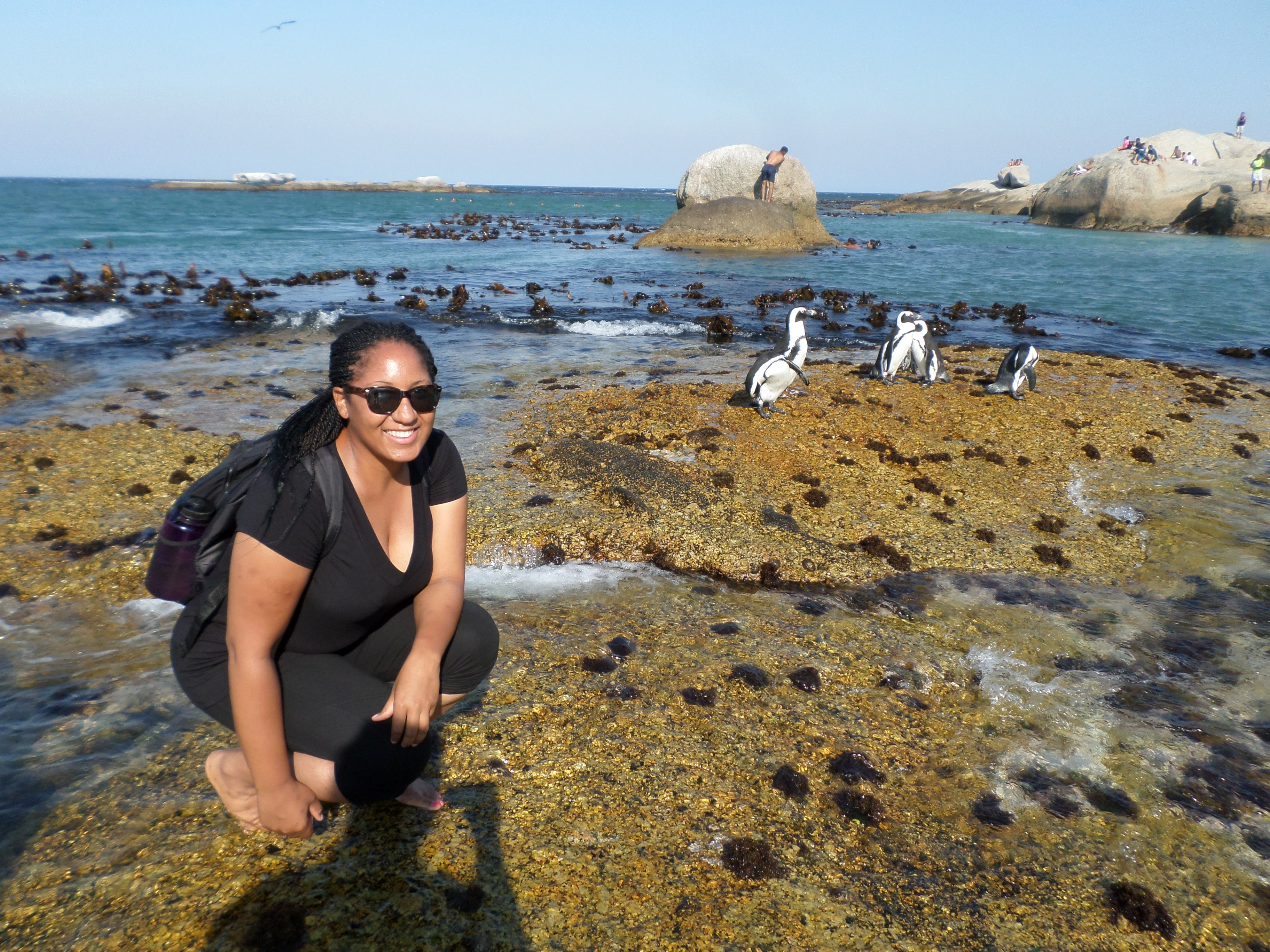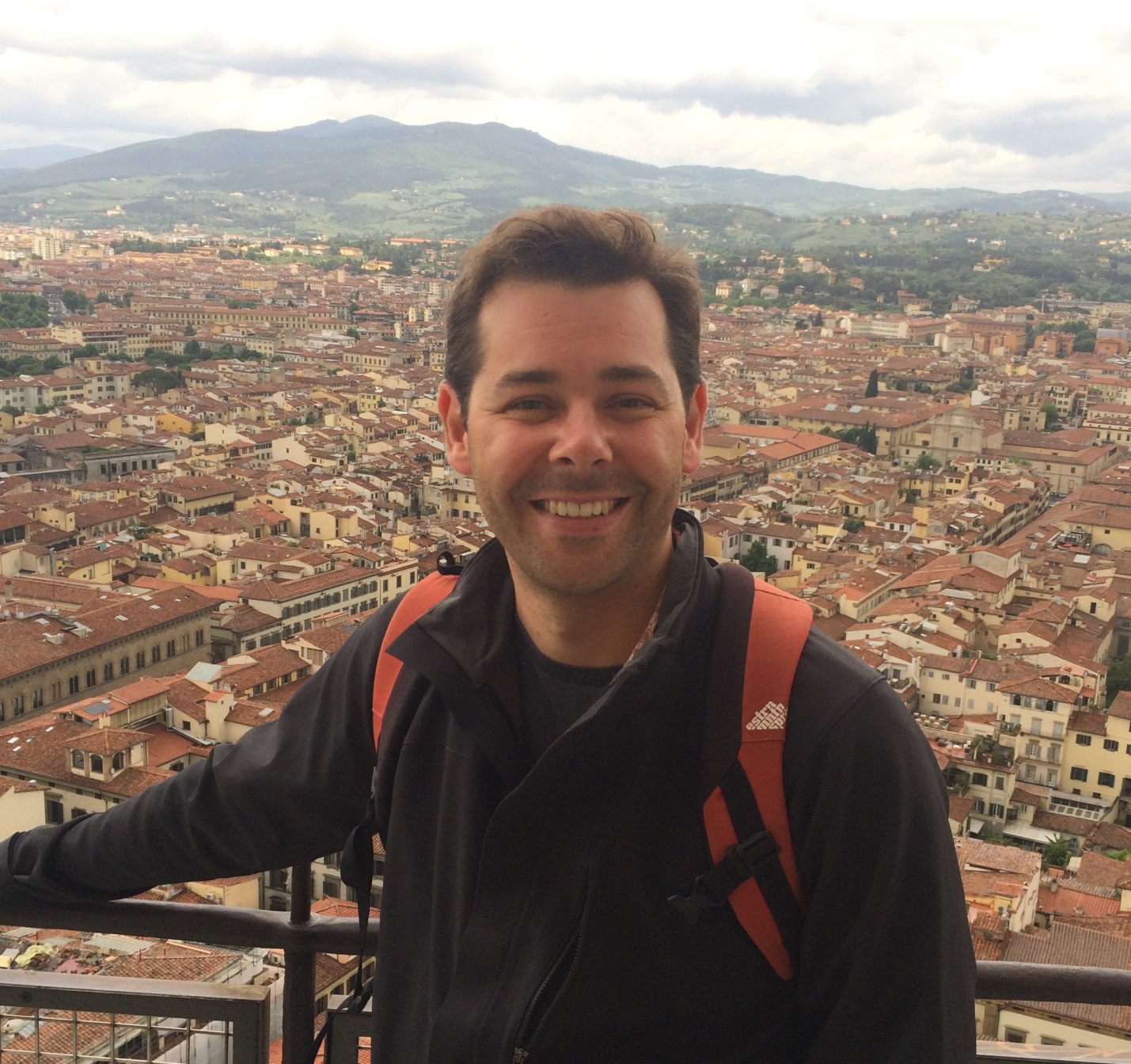
Steven A. Vickers, Jr., 2015-2016, Fulbright English Teaching Assistant to Latvia, giving a lecture on American culture at Daugavpils University, Latvia.
One of my favorite animated films tells the tale of a mouse with a dream to become a chef. Everyone thinks him crazy, but he strives towards his goal and proves to himself and those around him that anyone can, indeed, cook. My journey to becoming a 2015-2016 Fulbright English Teaching Assistant (ETA) to Latvia played out much the same. I am not what many would consider the “typical” Fulbright recipient. Many, including some professors, thought me crazy to even apply for the prestigious award. Well, I sure did prove them wrong.
You see, I did not graduate high school and immediately enter a university as is expected of my generation. My family could not afford the living expenses my scholarships failed to cover, and I could not shake my intense desire to serve my country. So, my path took me to Parris Island, South Carolina and the United States Marine Corps; that path came to an abrupt conclusion when I found myself medically unfit to continue serving. At that point, I did as my father before me and entered the police force. I enjoyed being a police officer, but I always regretted not getting a degree. The demanding schedule of a police officer made attending school incredibly difficult. I decided to end my police career, worked a few random jobs, and enrolled in Faulkner State Community College at the age of twenty-seven. When I completed enough credits, I transferred to Auburn University.

